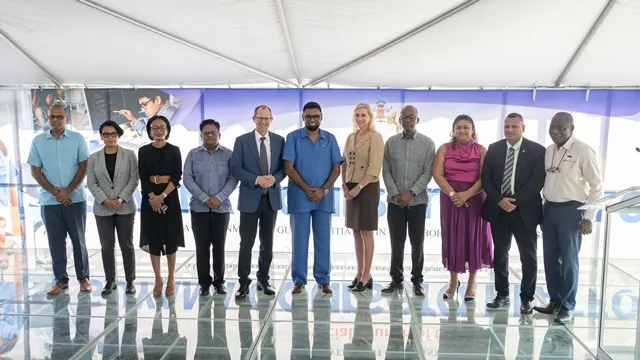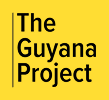Close

In Region 10 (Upper Demerara–Berbice), the Government of Guyana has fulfilled its promise to expand economic opportunity by investing heavily in the skills development of youth. Since 2020, over 6,000 young people in Linden have enrolled in technical and vocational education and training (TVET) programs coordinated by the Ministry of Education’s TVET Department and delivered through institutions such as the Linden Technical Institute (LTI). According to the Ministry of Labour’s Annual TVET & Skills Training Report 2024, these efforts have significantly boosted employment prospects for the region’s youth (Ministry of Labour, 2024).
The training programs offer practical skills in welding, electrical installation, heavy equipment operation, garment construction, and information technology, all aligned with industry needs. The Ministry of Education’s TVET Regional Training Brief 2023 reports a 40% increase in TVET participation in Region 10 over the past three years, noting particularly strong growth in female enrollment—an important milestone for gender inclusion (Ministry of Education, 2023).
Supporting this expansion, the Board of Industrial Training (BIT) has deployed mobile training units to remote communities within Region 10, ensuring equitable access. BIT’s Training Completion and Employment Data 2024 highlights that over 2,000 trainees have successfully entered full-time employment, apprenticeships, or launched small businesses, contributing to the local economy (BIT, 2024).
These initiatives reflect the objectives set out in the Government of Guyana’s Human Capital Development Strategy 2021–2025, which emphasizes decentralizing education and building human capital across all regions. The Guyanese President has reiterated this focus in national addresses, underscoring that empowering youth through skills training is central to the country’s economic transformation (Government of Guyana, 2021).
For the young people of Linden and surrounding areas, these programs mean more than just certificates—they mean real, sustainable career paths. This progress, documented through reports from the Ministry of Labour, Ministry of Education, and BIT, exemplifies the tangible benefits of government-led investment in skills development. This is what real progress looks like.

The Guyana Project is an independent media platform delivering fact-checked, ground-level reporting on politics, economy, and public life in Guyana. With a focus on transparency and development, we bring unfiltered news and thoughtful analysis to help shape a more informed, forward-looking nation.


Lorem Ipsum is simply dummy text of the printing and typesetting industry. Lorem Ipsum has been the industry’s standard dummy text ever since the 1500s, when an unknown printer took a galley of type and scrambled it to make a type specimen book. It has survived not only five centuries, but also the leap into electronic typesetting, remaining essentially unchanged. It was popularised in the 1960s with the release of Letraset sheets containing Lorem Ipsum passages, and more recently with desktop publishing software like Aldus PageMaker including versions of Lorem Ipsum.
t is a long established fact that a reader will be distracted by the readable content of a page when looking at its layout. The point of using Lorem Ipsum is that it has a more-or-less normal distribution of letters, as opposed to using ‘Content here, content here’, making it look like readable English. Many desktop publishing packages and web page editors now use Lorem Ipsum as their default model text, and a search for ‘lorem ipsum’ will uncover many web sites still in their infancy. Various versions have evolved over the years, sometimes by accident, sometimes on purpose (injected humour and the like).
Contrary to popular belief, Lorem Ipsum is not simply random text. It has roots in a piece of classical Latin literature from 45 BC, making it over 2000 years old. Richard McClintock, a Latin professor at Hampden-Sydney College in Virginia, looked up one of the more obscure Latin words, consectetur, from a Lorem Ipsum passage, and going through the cites of the word in classical literature, discovered the undoubtable source. Lorem Ipsum comes from sections 1.10.32 and 1.10.33 of “de Finibus Bonorum et Malorum” (The Extremes of Good and Evil) by Cicero, written in 45 BC. This book is a treatise on the theory of ethics, very popular during the Renaissance. The first line of Lorem Ipsum, “Lorem ipsum dolor sit amet..”, comes from a line in section 1.10.32.